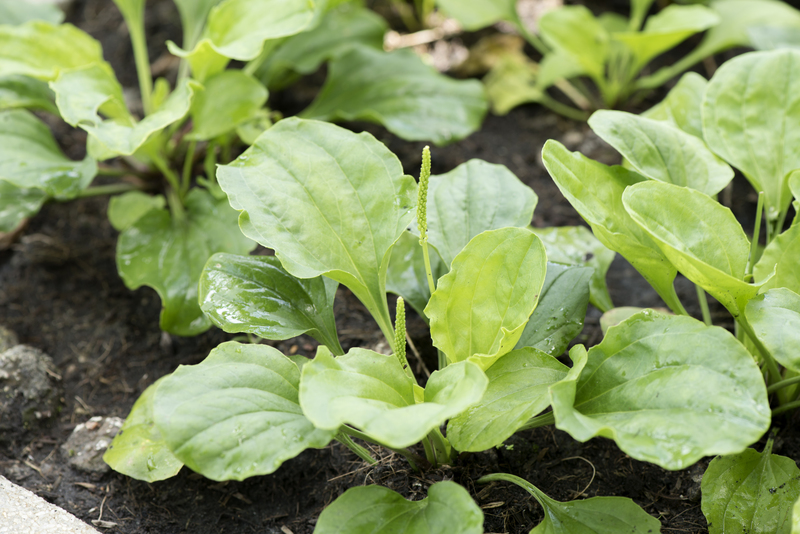Comprehensive Guide to Garden Maintenance in Highgate
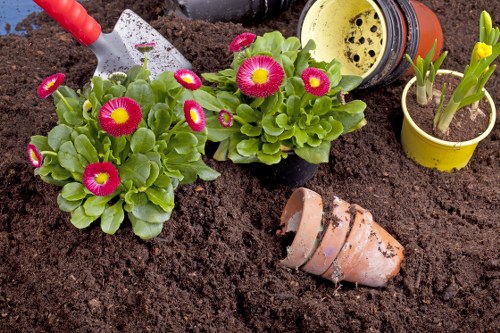
Maintaining a beautiful garden in Highgate requires dedication, knowledge, and the right set of tools. Whether you're a seasoned gardener or a beginner, understanding the unique climate and soil conditions of Highgate is essential for ensuring your plants thrive year-round.
Regular upkeep not only enhances the aesthetic appeal of your outdoor space but also contributes to the overall health of your plants. From pruning to soil management, each aspect plays a crucial role in garden maintenance.
One of the first steps in effective garden maintenance is selecting the appropriate plants that are well-suited to the Highgate environment. Native species often require less maintenance and are more resilient against local pests and diseases.
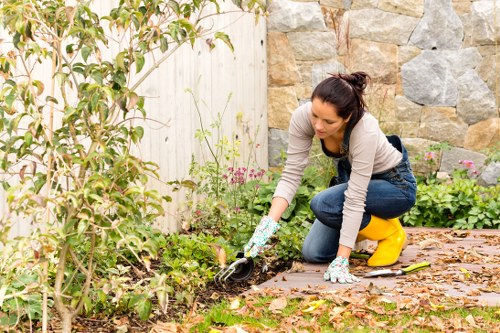
Seasonal Garden Care in Highgate
Each season in Highgate brings its own set of challenges and opportunities for garden enthusiasts. Adapting your maintenance routine to the changing seasons can significantly improve the health and appearance of your garden.
Spring is the perfect time to prepare your garden for growth. This involves clearing away winter debris, replanting, and fertilizing to give plants the nutrients they need to flourish.
- Prune dead or damaged branches
- Plant new flowers and shrubs
- Apply organic fertilizers
In the summer months, focus on watering strategies and pest control to ensure your plants remain healthy despite the heat.
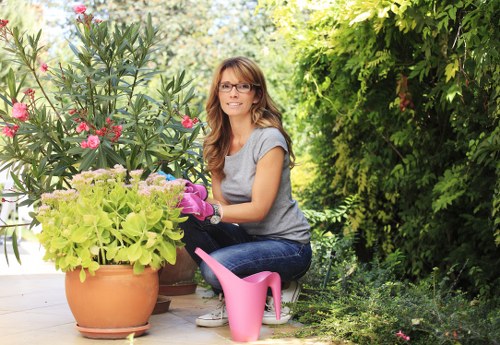
Essential Tools for Garden Maintenance
Having the right tools is indispensable for effective garden maintenance. High-quality equipment not only makes tasks easier but also ensures precision in your gardening efforts.
Investing in tools such as hedge trimmers, lawnmowers, and soil testers can drastically improve the efficiency of your maintenance routine.
Top Tools Every Highgate Gardener Should Own
- Spade and Fork
- Pruning Shears
- Garden Hose with Adjustable Nozzle
Regular maintenance of these tools ensures their longevity and performance, making your gardening experience more enjoyable.
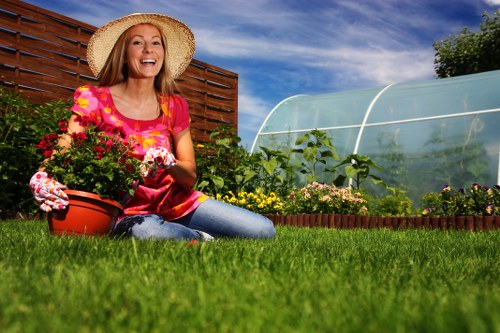
Soil Management Techniques
Healthy soil is the foundation of a thriving garden. Understanding soil composition and employing effective soil management techniques can lead to better plant growth and resilience.
Testing your soil's pH levels helps determine the right amendments needed for optimal plant health. Adding compost or organic matter can improve soil structure and fertility.
Implementing crop rotation and cover cropping can prevent soil depletion and reduce the incidence of pests and diseases.
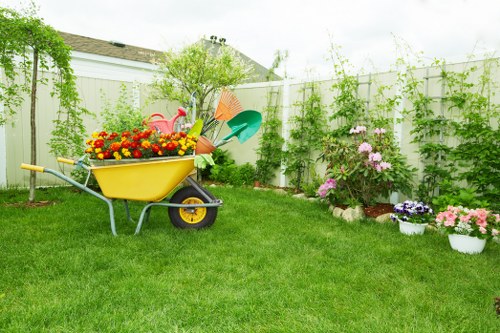
Watering Strategies for Optimal Growth
Efficient watering practices are crucial, especially during the dry summer months in Highgate. Overwatering can be just as harmful as under-watering, leading to root rot and other plant diseases.
Adopting drip irrigation systems and mulching around plant bases can help retain moisture and reduce the need for frequent watering.
Smart watering not only conserves water but also ensures that plants receive a consistent supply of moisture, promoting healthier growth.

Pest and Disease Management
Protecting your garden from pests and diseases is a continual aspect of garden maintenance. Identifying common pests in Highgate and understanding their behavior can aid in developing effective management strategies.
Introducing natural predators like ladybugs can help control aphid populations, while using neem oil can deter a variety of harmful insects.
Organic Solutions for a Healthier Garden
Emphasizing organic methods reduces the reliance on chemical pesticides, promoting a safer environment for both plants and beneficial insects.

Pruning and Trimming Techniques
Regular pruning and trimming not only enhance the visual appeal of your garden but also encourage healthier plant growth. Removing dead or overgrown branches allows for better air circulation and sunlight penetration.
Different plants require specific pruning techniques, so it's essential to understand the needs of each species in your garden.
Tools and Best Practices
- Use sharp, clean tools to make precise cuts
- Prune during the appropriate season
- Avoid removing more than 25% of a plant’s foliage at once
Proper pruning techniques can significantly impact the health and longevity of your plants.
